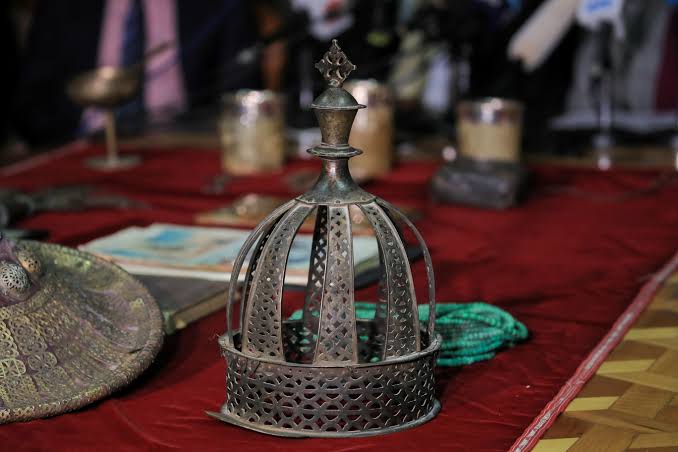
Faith Nyasuguta
Ethiopia is stepping up efforts to reclaim its stolen cultural treasures and halt the illegal trade of its historical artifacts across the globe. The government says this campaign is not only about recovering looted objects but also about restoring national pride, correcting historical injustices, and strengthening Ethiopia’s cultural identity on the international stage.
According to Abebaw Ayalew, Director General of Ethiopia’s Heritage Authority, the country has already made notable progress in recent years, with several prized relics successfully repatriated. “We are committed to ensuring that Ethiopia’s cultural property, which was unjustly taken during the colonial period, is restored to its rightful place,” he said.
To boost its international efforts, Ethiopia has submitted a comprehensive list of looted artifacts to the United Nations Educational, Scientific, and Cultural Organization (UNESCO). This move aims to secure stronger collaboration with museums, institutions, and governments worldwide. At the same time, Ethiopia has deployed dedicated teams tasked with locating artifacts currently held by foreign institutions and private collectors.

The government has also pursued legal action to stop Ethiopian relics from being sold at international auctions. These court battles have already borne fruit, with several items blocked from sale and later returned to Addis Ababa.
One of the most celebrated victories came last year when Italy returned “Tsehai,” Ethiopia’s first domestically manufactured airplane, which had been taken during the Fascist invasion in the 1930s. Prime Minister Abiy Ahmed formally welcomed the plane back on January 30th, hailing it as a “great day for Ethiopia.” The return of Tsehai was seen as a powerful symbol of resilience, engineering achievement, and cultural pride.
Other important treasures have also made their way home thanks to Ethiopia’s persistent efforts. These include the mantle of Ras Desta Damtew, the Ethiopian Order of the Star, and the armor of Emperor Tewodros II – each relic carrying deep historical and cultural significance. Officials stress that every repatriation strengthens Ethiopia’s national story and allows future generations to connect with their roots.

“This is about more than just artifacts,” said Ayalew. “It is about preserving Ethiopia’s heritage and passing it on to our children. Each return heals part of our history.”
Ethiopia is also pushing forward with plans to raise its cultural profile internationally. The government has announced its intention to nominate new cultural and natural heritage sites to UNESCO. Among the proposed sites are Al-Nejashi, one of Africa’s oldest mosques; the traditional Ethiopian coffee ceremony; Waza (also known as Zumbara), a traditional musical instrument; Agew Feresegna, Halaba Sera, and Enset, a staple crop central to Ethiopian cuisine and tradition.
Through these efforts, Ethiopia hopes to not only recover what was lost but also showcase its vibrant history and living traditions to the world. With each relic that returns home, the country reclaims a piece of its past -and moves closer to rewriting a narrative that was scarred by colonization and cultural theft.
RELATED:








